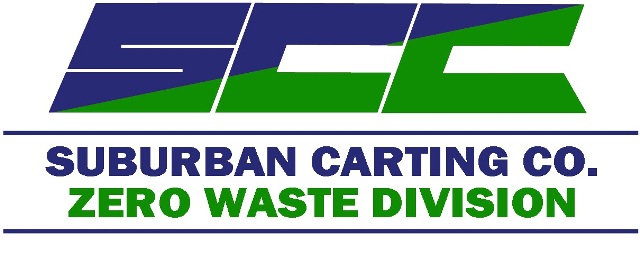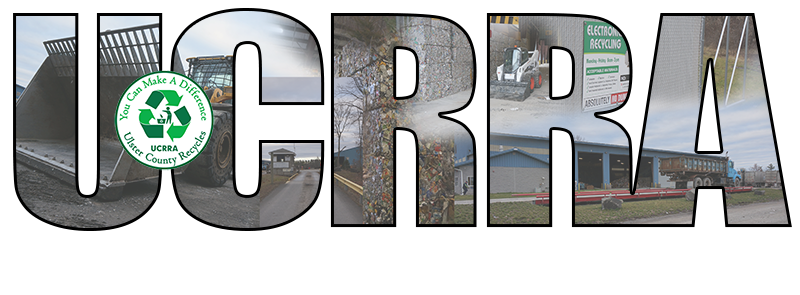recyclables and compostables
![]() The Clearwater Festival‘s roots are based in the environmental movement. In keeping true to our mission, we will continue to reduce the amount of materials going into the waste stream as we strive towards zero festival waste.
The Clearwater Festival‘s roots are based in the environmental movement. In keeping true to our mission, we will continue to reduce the amount of materials going into the waste stream as we strive towards zero festival waste.
At the festival, you will notice “Zero Waste” stations where recyclables and compostables are collected separately from trash. To make sorting easier, vendors will provide food in compostable or recyclable service ware. When visiting our festival, please be sure to look for these stations to handle your waste. Volunteers will be nearby to help you sort the following categories.
Compost
What we compost at the Clearwater Festival:
- All food waste
- Paper napkins
- Paper plates and cups
- Compostable plastics – utensils and cups
- Wooden skewers, chopsticks and utensils
All festival generated compostables are sent to the Ulster County Resource Recovery Agency in Kingston, NY for processing.
Recycle
Thanks to a recent law in Westchester County (where the festival site, Croton Point Park is located), recycling at the Clearwater Festival has increased substantially. As of 2011, we recycle plastics 1 through 7 with some limitations.
What we will recycle at the Clearwater Festival:
Quick Reference Guide to Westchester County’s Expanded Source Separation Law for Plastics
Help us do it right and get closer to Zero Waste (ZW) this year:
- Place all your recyclable items in the ZW station bin labeled “Recycle”.
- Place all your compostable materials in the ZW station bin labeled “Compost”.
- Please ask a Zero Waste Volunteer if you are unsure where your material should be deposited.
- Bring your own reusable mug, water bottle, utensils, or even a dish.
- Only buy what you plan to consume.
- Avoid bringing unnecessary materials into the event.
- Avoid purchasing items with packaging that is not recyclable or compostable.
- Recycle your festival program book at the end of the festival.

Progress Toward Zero Waste
Since 2009, our festival has taken incremental steps toward Zero Waste. Our greatest challenges during this time have been effectively collecting food waste/organics from the waste stream and establishing baseline percentages for each category (trash, recycling, composting). Here is a summary of our process and progress:
2010 Expanded compost collection and diverted nearly 4.5 tons, or 9,000 pounds, of organic material from the waste stream.
2012 Expanded the number of collection stations throughout the site; bolstered Zero Waste infrastructure and the number of Zero Waste volunteers and diverted 10,140 lbs. of organic material from the waste stream.
Here is a table that quantifies our efforts since 2010:
Year |
Trash(% of total waste stream) |
Recycling(% of total waste stream) |
Compost(% of total waste stream) |
| 2010 | Not Available | Not Available | 4.5 tons |
| 2011 | Not Available | Not Available | 4.95 tons |
| 2012 | Not Available | Not Available | 5.07 tons |
| 2013 | 2.78 tons (26%) | 2.42 tons (22%) | 5.68 tons (52%) |
| 2014 | 3.08 tons (20%) | 5.85 tons (39%) | 6.15 tons (41%) |
| 2015 | 2.97 tons (19%) | 5.91 tons (37%) | 6.97 tons (44%) |
| 2017 | 2.4 tons (20%) | 4.13 tons (34%) | 5.5 tons (46%) |
| 2018 | 1.67 tons (16%) | 2.94 tons (28%) | 5.97 tons (56%) |
As you can see in the table above, 2013 was the first year we were able to calculate baseline weights and percentages for trash, recycling and compost at the Clearwater Festival. In 2013, we diverted 8.1 tons of recycling and compost, which represented 74% of the waste stream.
In 2014, the Clearwater Festival saw record attendance and the overall quantities of each category (trash, recycling, compost) increased. While the total quantity of material increased, the total percentage of diverted material increased from 74% (2013) to 80% (2014), representing a 6% increase from the year before. In 2014 the Clearwater Festival diverted 12 tons of recycling and compost, totaling 80% of our waste stream, and in 2015 we improved even more by diverting 12.88 tons, 81% of our waste steam! In 2017, after not having the Festival in 2016, our Zero Waste efforts were again successful in diverting 9.63 tons of compost and recycling (80%) from the waste stream. In 2018 we diverted 8.91 tons of compost and recycling (84%).
The Clearwater Festival Zero Waste Initiative would not be possible without the support of Clearwater staff, festival attendees, coordinators, vendors, exhibitors, performers, and of course, our committed festival volunteer Zero Waste committee. Thank you for your continued support over the years! We are making progress, but there is still a long way to go…




